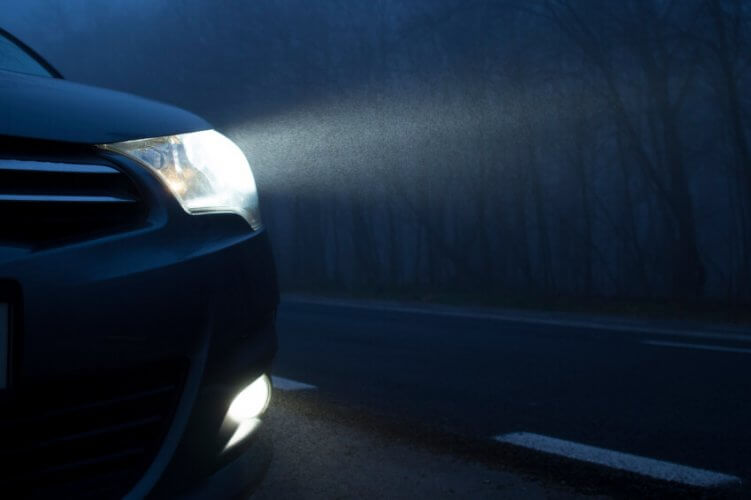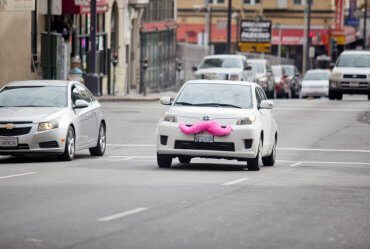
Interestingly, with all the safety advancements auto manufacturers have incorporated in their new vehicles, including automatic-braking systems, rearview cameras, lane-departure warning and blind-spot detection, most of them have compromised an important feature for the sake of aesthetics – your headlights. And, because your new vehicle’s headlights may very well be underperforming, you could be putting your safety at risk.
Only one 2016 mid-size rated as “good”
According to a recent survey by the Insurance Institute for Highway Safety (IIHS), which tested the performance of 82 sets of headlights on 31 models of new 2016 mid-size vehicles, only one out of those 31 earned a “good” rating. That means, the remaining test vehicles received grades lower than that – with 11 earning a mere “acceptable” rating, 9 rated as “marginal”, and a surprising 10 having an IIHS rating of “poor”.
IIHS – Don’t blame your eyes
So, if you’re having a hard time seeing behind the wheel of your new vehicle at night, “it could very well be your headlights and not your eyes that are to blame,” says David Zudy, executive vice president and chief research officer of the IIHS.
Now, you might think that the price tag of a new vehicle will determine the effectiveness of the headlights, but you’d be wrong. In fact, the more you pay for a vehicle won’t guarantee better performing headlights. The truth is – many of the poor or lower-rated headlight sets come on luxury vehicles.
Toyota Prius V outscores more expensive BMW 3 series
Case in point, the Toyota Prius V was the only 2016 to earn the “good” rating when equipped with LED lights that project 400 feet down the road, while the BMW 3 series were among the worst, projecting only 130 feet. With that kind of distance differential, it’s easy to see how the inability to know what’s on the road ahead, such as pedestrians, bicyclists, animals and other obstacles, can put your safety at risk.
Despite nearly half of all traffic deaths occurring in the dark or at other hazardous times like dusk or dawn, headlights on new vehicles are dangerously underperforming. Although improving nighttime visibility would undoubtedly reduce fatalities, it doesn’t seem to be driving auto manufacturers.
Difference between “good” and “poor”
To put the difference between a “good” and a “poor” rating in a more glaring perspective, the Prius V’s LED low beams were shown to provide a driver traveling straight at 70 mph plenty of time to identify an obstacle on the right side of the road and brake to a stop, thereby, avoiding a crash, according to Matthew Brumbelow, an IIHS senior research engineer.
On the other hand, someone driving a BMW 3 series with halogen lights, which were rated among the lowest, would have to be traveling 35 mph or slower in order to safely stop in time for an obstacle on the road. The IIHS recommends opting for an LED curve-adaptive system with high-beam assist on the same car. But, even that combination was rated as only “marginal”.
Greater risk of an accident
Headlights are an obvious essential when driving at night and should be given consideration, if you’re in the market for a new vehicle. The harder it is to see up the road ahead, the greater the risk of an accident.
And, that can lead to higher car insurance rates. Don’t take your safety for granted or that you can’t pay less for your auto coverage without first getting a free auto insurance rate comparison.



